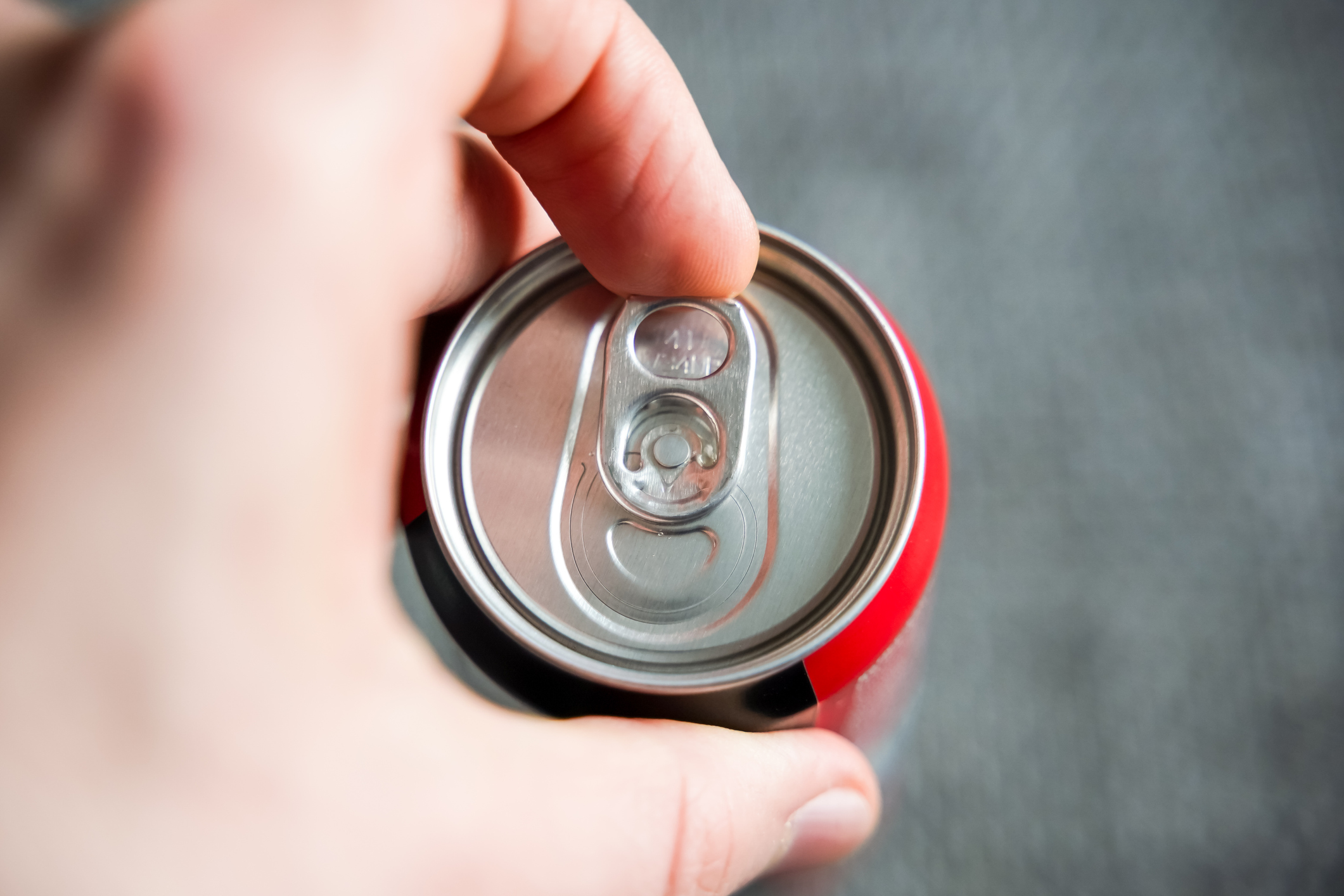

Artificial sweeteners have been around for a long time.
Anyone who’s ever tried to lose weight is probably familiar with those pink, blue and yellow packets, and has probably had quite a few diet sodas in their lifetime. After all, that’s why zero-calorie artificial sweeteners like saccharin, sucralose and aspartame were created in the first place.
Unfortunately, it turns out they’re not really helping on that front. Studies show that artificial sweeteners can actually make changes to the gut microbiome that lead to weight gain. These changes can also increase the risk of type 2 diabetes.
And that’s not all. Beverages containing artificial sweeteners have also been linked with an increased risk of death and dementia.
However, findings have been mixed about the role of artificial sweeteners in various diseases, including cardiovascular disease (CVD).
Many studies have used consumption of artificially sweetened beverages to explore CVD risk. But none have measured intake of artificial sweeteners from the overall diet — until now….
Using artificial sweeteners could be risky for your heart
Researchers at the French National Institute for Health and Medical Research (Inserm) and the University of Paris examined data from more than 100,000 participants in the web-based NutriNet-Santé study. This online study is ongoing and investigates the relationship between nutrition and health.
The participants whose data was included had an average age of 42 and 80 percent were female. Daily records tracked their consumption of and artificial sweeteners by type and from all dietary sources.
A total of 37 percent of the participants consumed artificial sweeteners, with an average intake of 42.46 mg per day. This equates to about one individual packet of tabletop sweetener or 100 mL (3.4 ounces) of diet soda. At the low end of the scale, some of these individuals consumed 7.46 mg of artificial sweeteners a day, while others consumed as many as 77.62 mg a day.
Compared with those who did not consume artificial sweeteners, those who consumed higher levels of the sugar substitutes tended to be younger and less physically active, with a higher body mass index (BMI). They were also more likely to smoke and follow a weight loss diet. They didn’t consume as many calories or as much alcohol, carbohydrates, saturated and polyunsaturated fats, fiber, fruits and vegetables. And they took in more sodium, red and processed meats, dairy products and beverages with no added sugar. The researchers took these differences into account in their data analyses.
Just over 1,500 cardiovascular events occurred in the study participants over an average follow-up period of nine years. These events included heart attack, angina, transient ischemic attack and stroke, as well as angioplasty, a procedure to widen blocked or narrowed arteries to the heart.
Researchers found that total artificial sweetener intake was associated with a 9 percent increase in cardiovascular disease risk. Total consumption was linked in particular with higher cerebrovascular disease risk — which equates to higher stroke risk.
When looking at individual types of artificial sweeteners, aspartame was associated with increased risk of cerebrovascular events, while acesulfame potassium and sucralose showed an increased risk of coronary heart disease, which increases risk for heart attack.
A natural alternative to fake sweeteners
The researchers caution that this is an observational study, so it can’t establish cause. And they can’t rule out the possibility that other unknown factors may have affected the results. Still, this large-scale study used precise, high-quality data, and its findings are in line with other studies linking artificial sweeteners with markers of poor health.
Thus, the researchers conclude, these food additives “should not be considered a healthy and safe alternative to sugar.”
That’s a pretty compelling reason to kick these artificial sweeteners out of your diet. Instead of loading up on low-calorie packaged foods and diet sodas, try a diet that’s rich in whole grains, dairy, seafood, legumes, fruits and vegetables and plain water.
If you really dislike the taste of plain water, try adding mint or slices of fruit or cucumber to sweeten it naturally. Or you can mix your water with a few drops of stevia or monk fruit, natural plant-derived sweeteners that are available plain or in a wide range of delicious flavors. You can also add these plain sweeteners to your coffee, or jazz it up with flavors like caramel and coconut.
There are also sodas that are made with stevia if you’re looking for a natural calorie-free substitute for artificially sweetened diet soda. Certain stevia-sweetened soda brands also have zero sodium and are often free of the colorings used in many commercial diet sodas.
Sources:
Artificial sweeteners and risk of cardiovascular diseases: results from the prospective NutriNet-Santé cohort — The BMJ
Researchers Find Link Between Artificial Sweeteners and Heart Disease — SciTechDaily
Artificial Sweetener Consumption Linked to Increased Cardiovascular Disease Risk — Practical Cardiology
